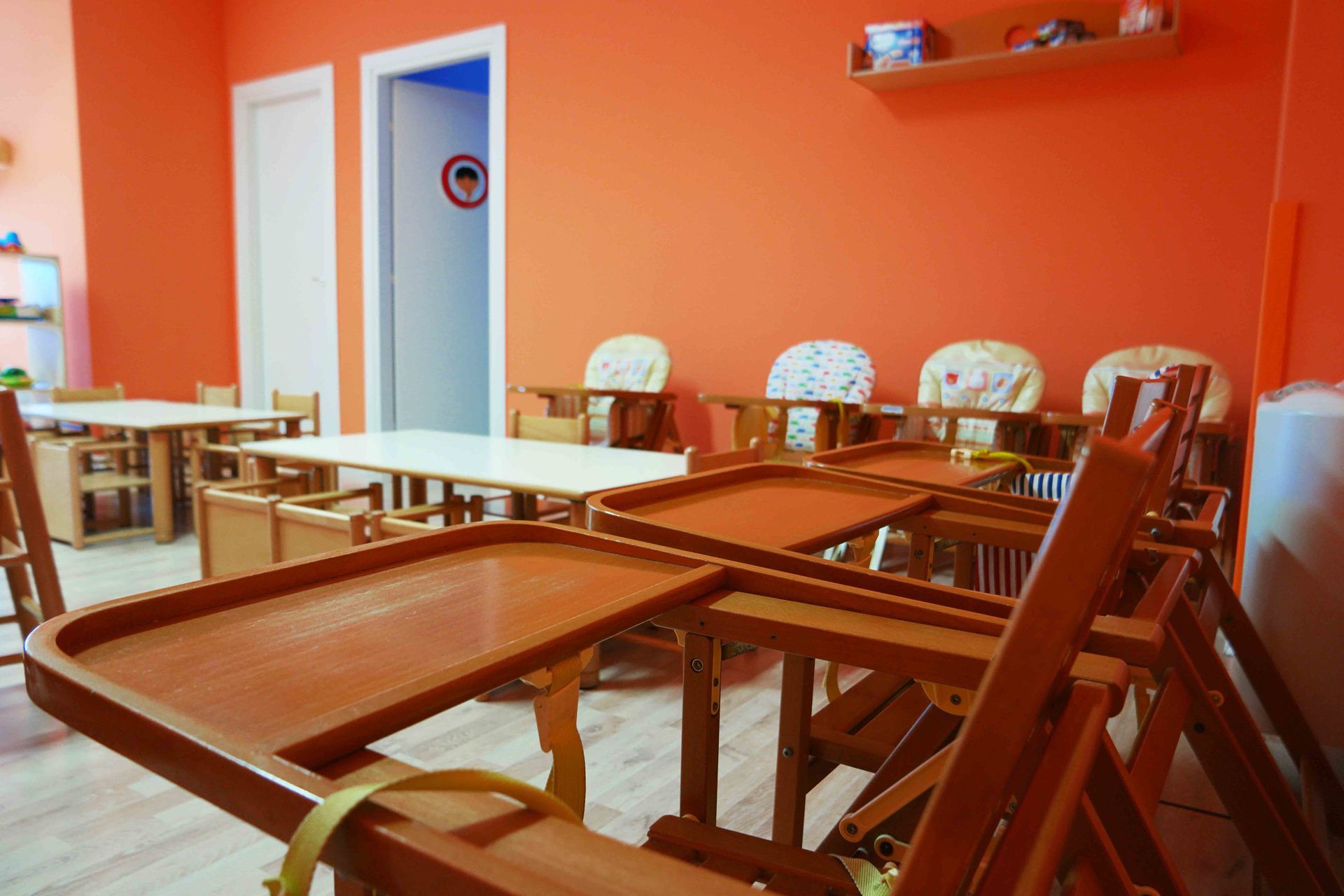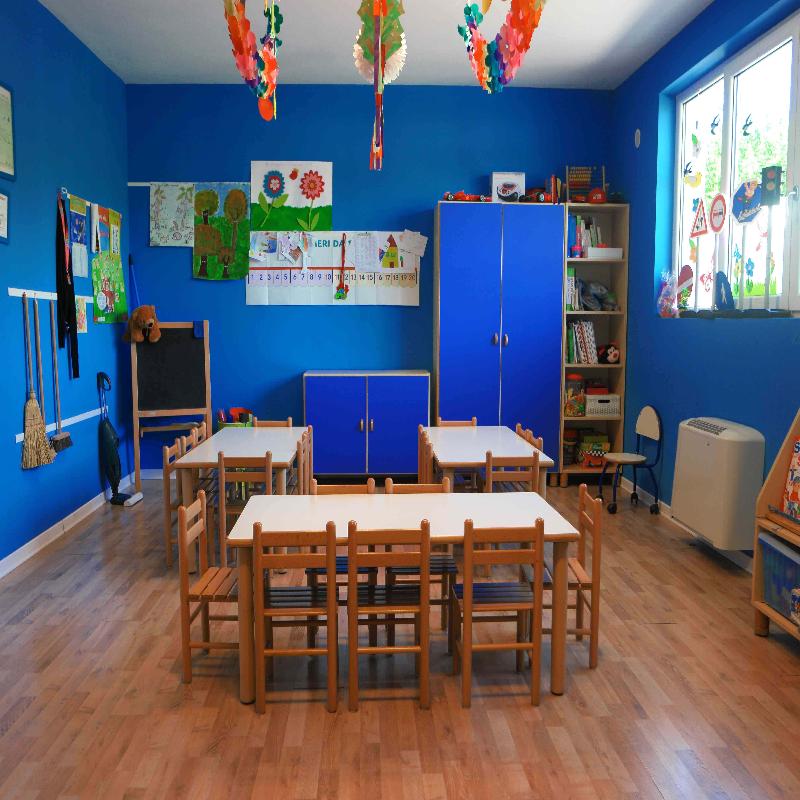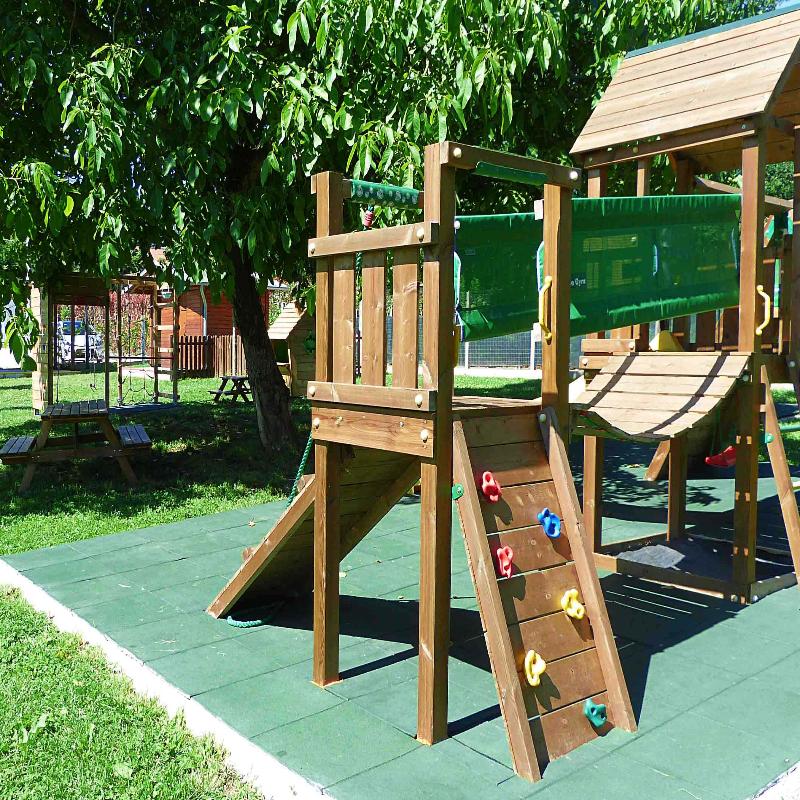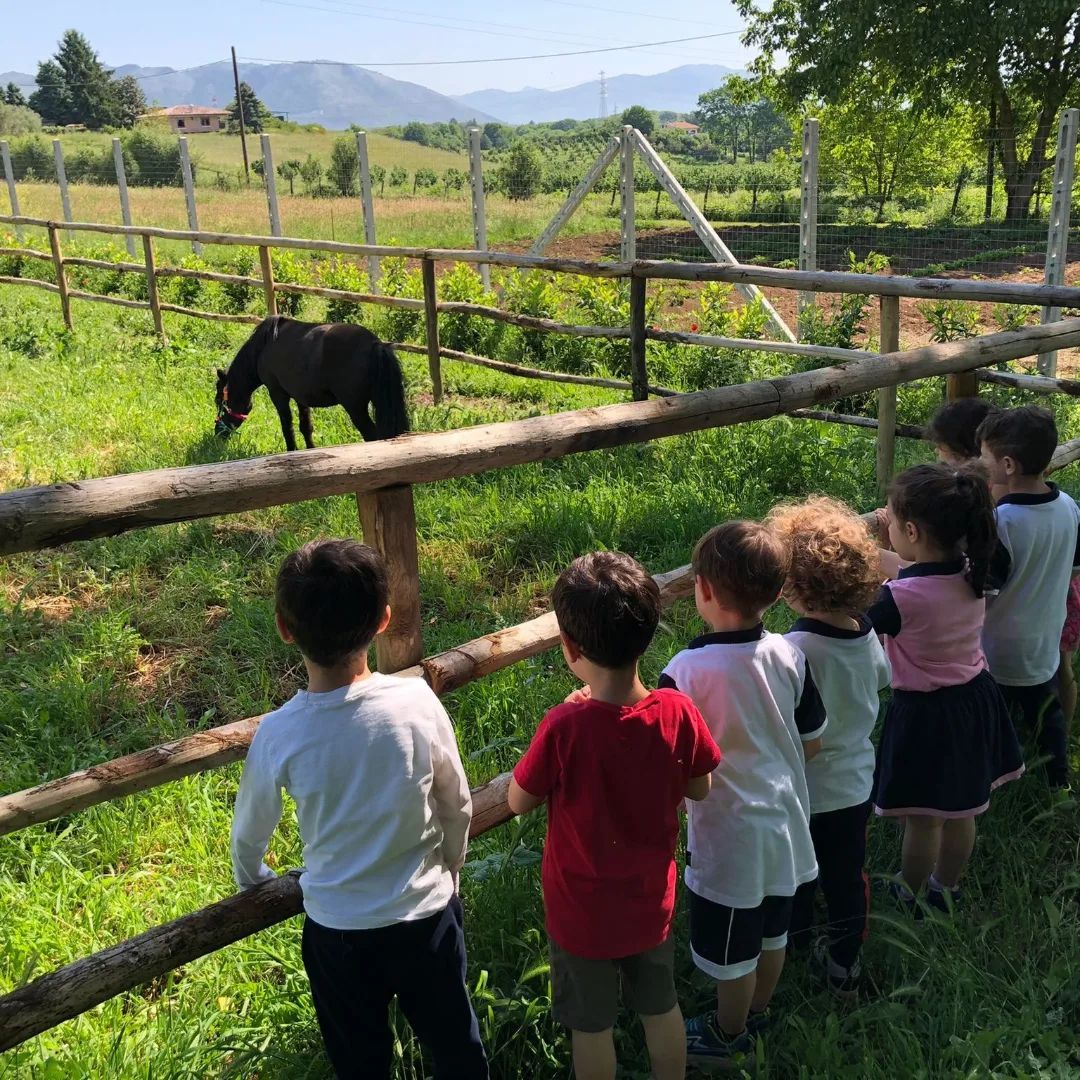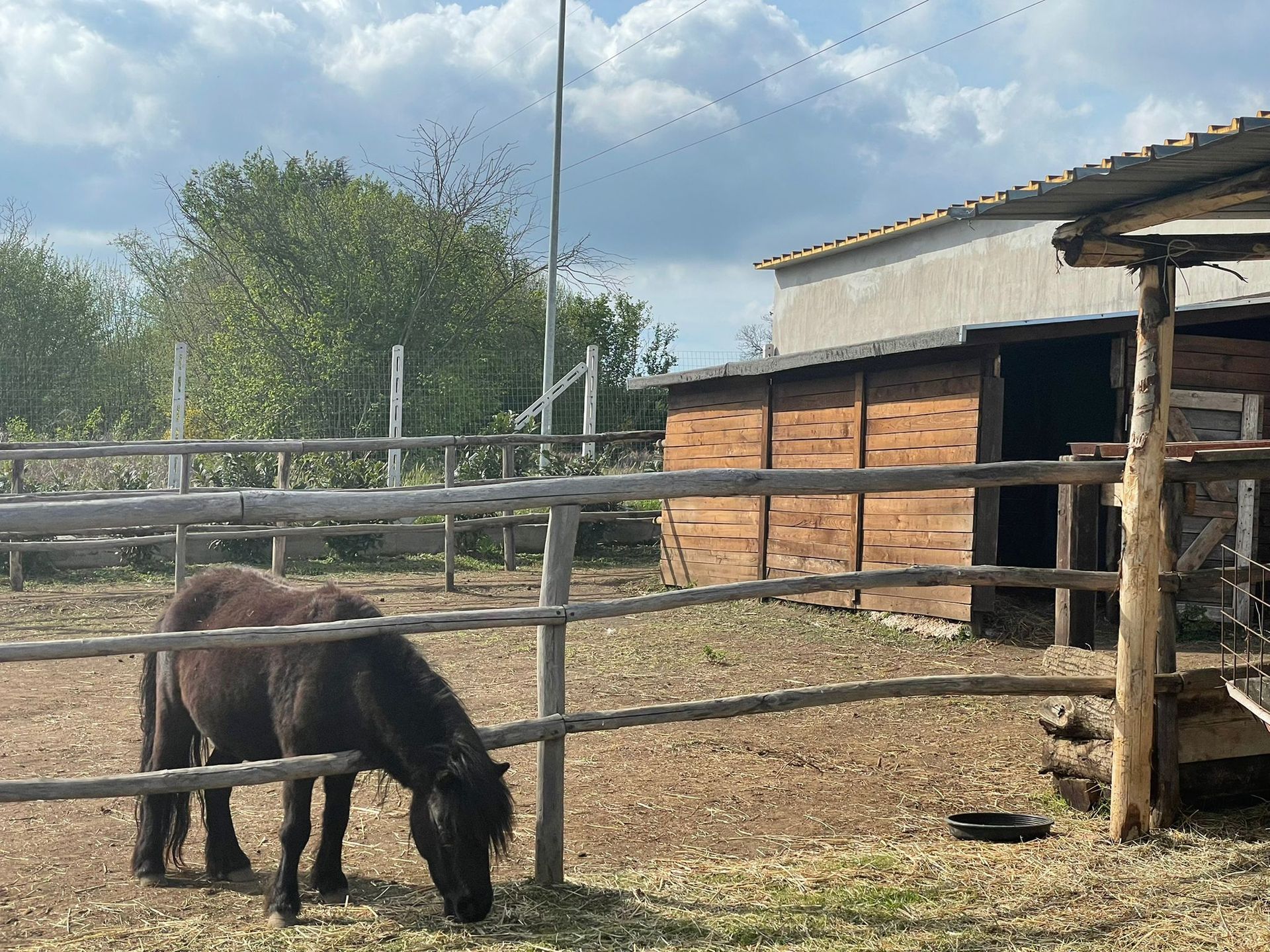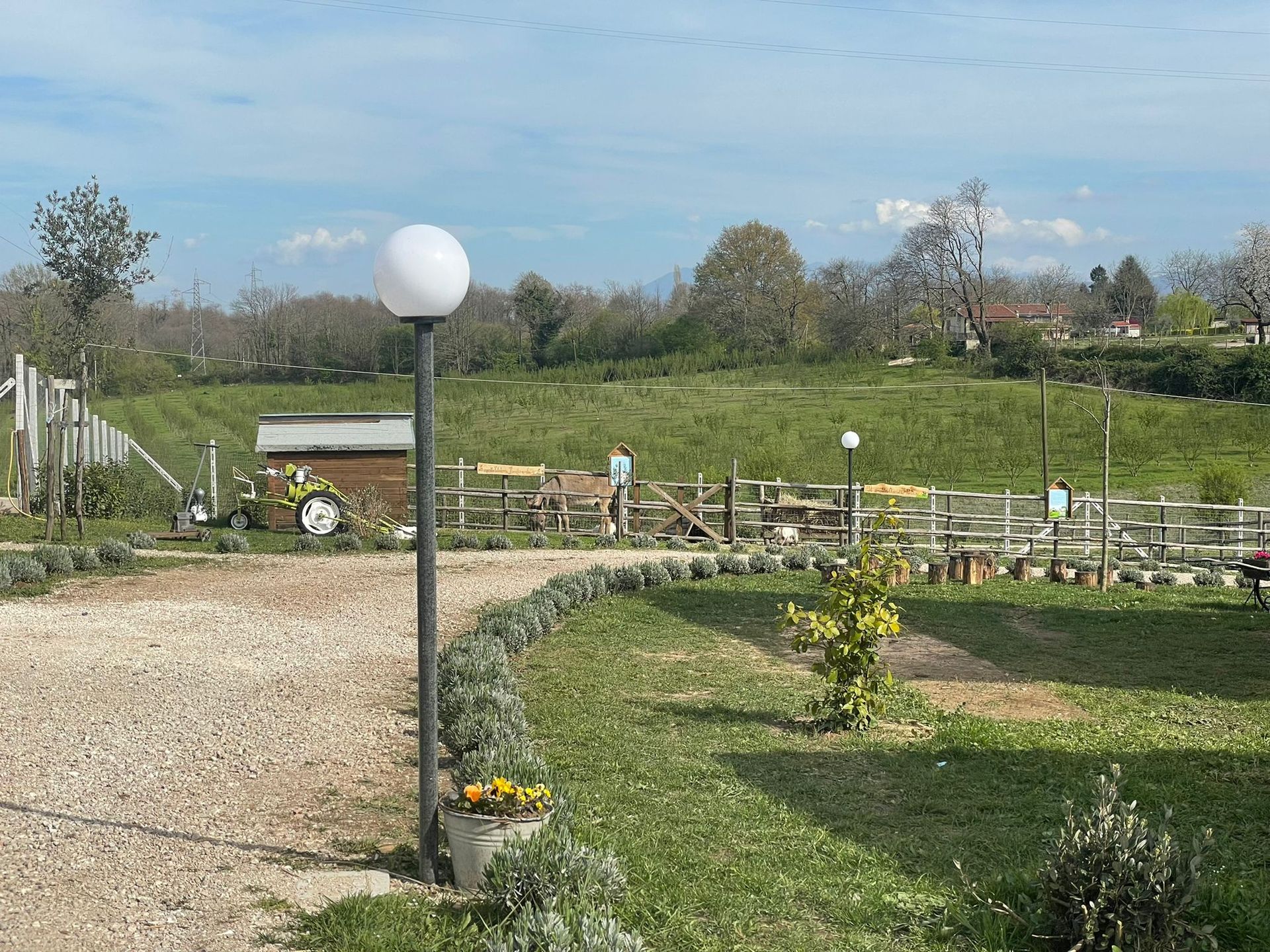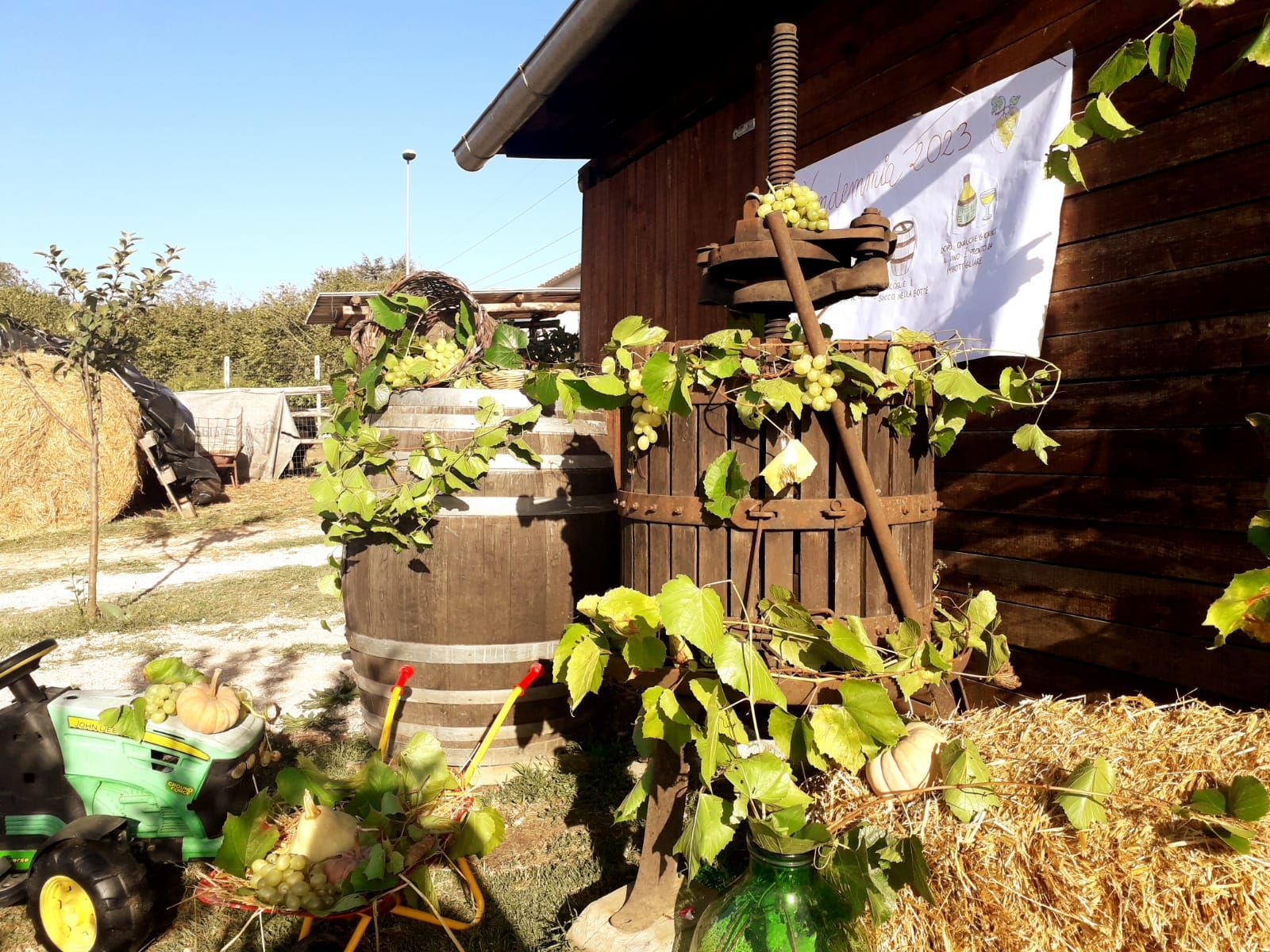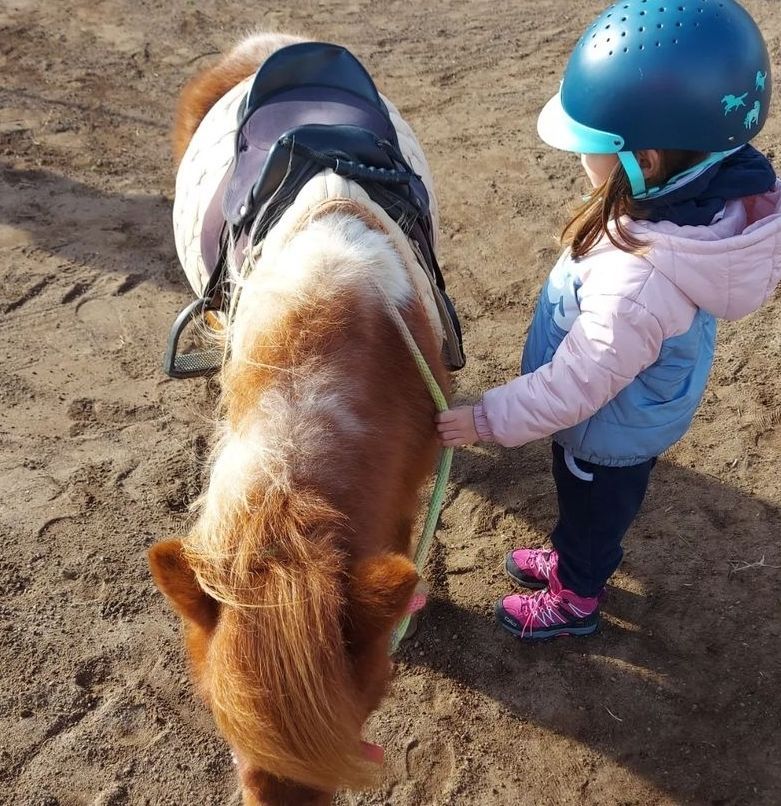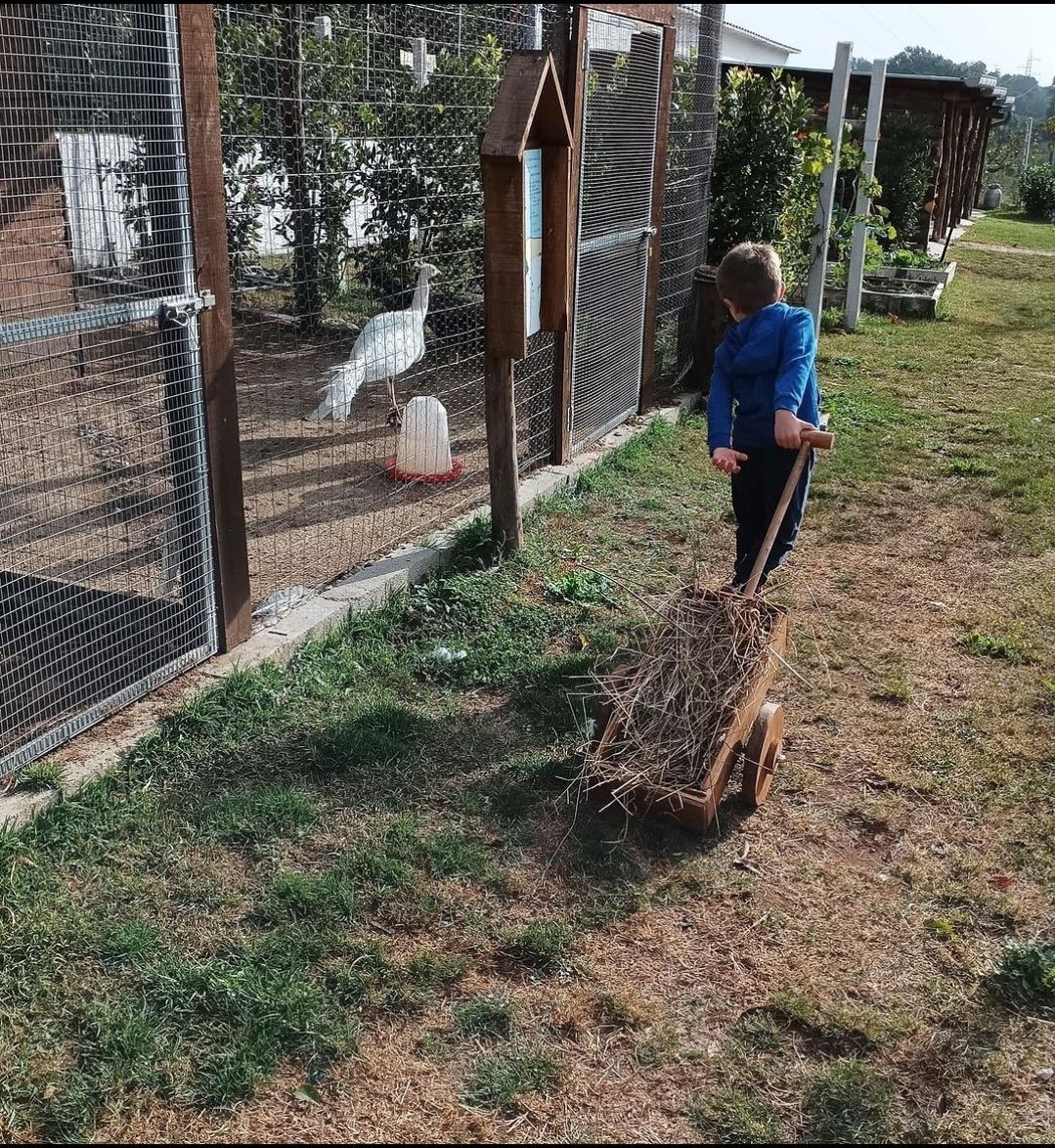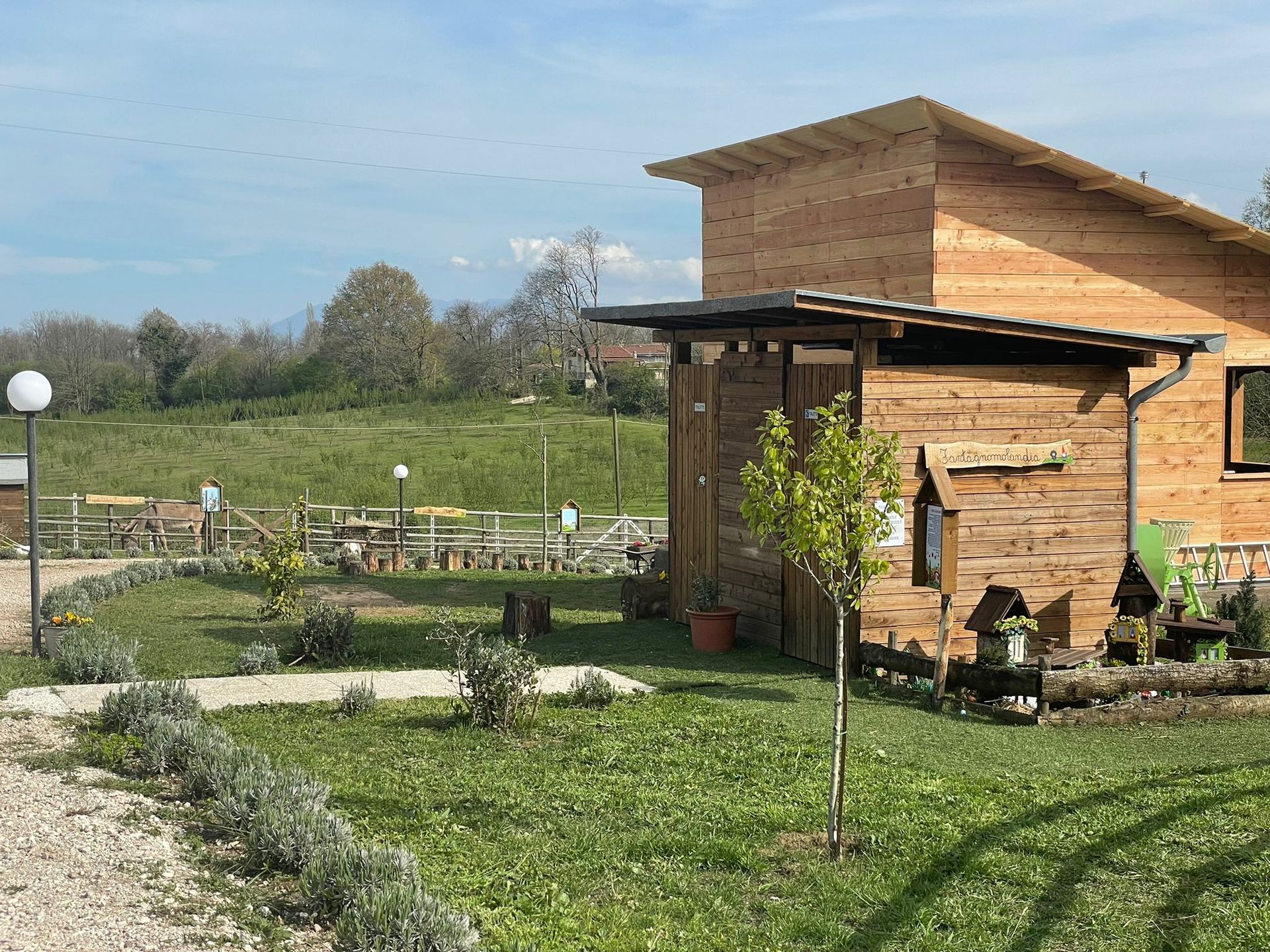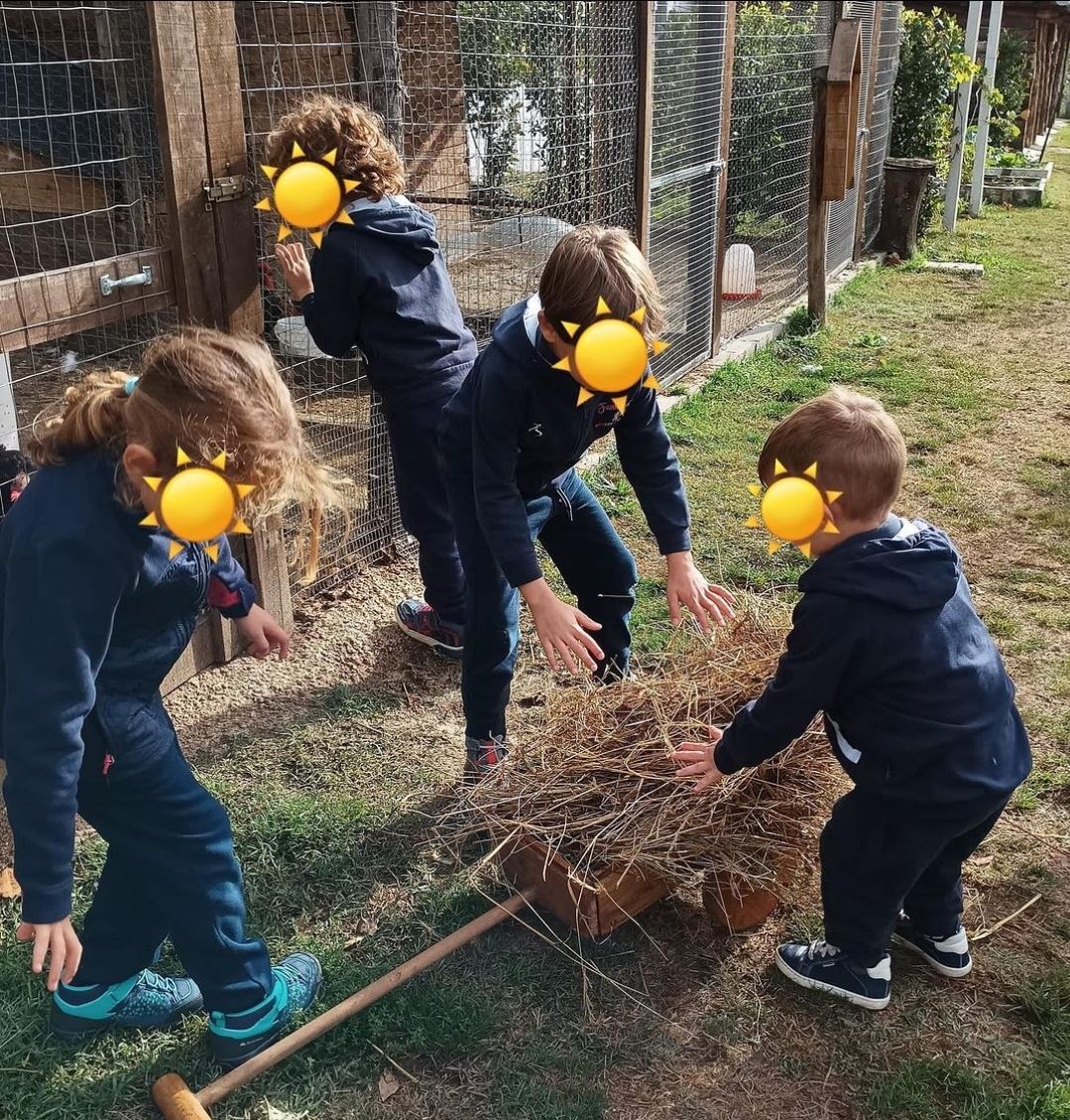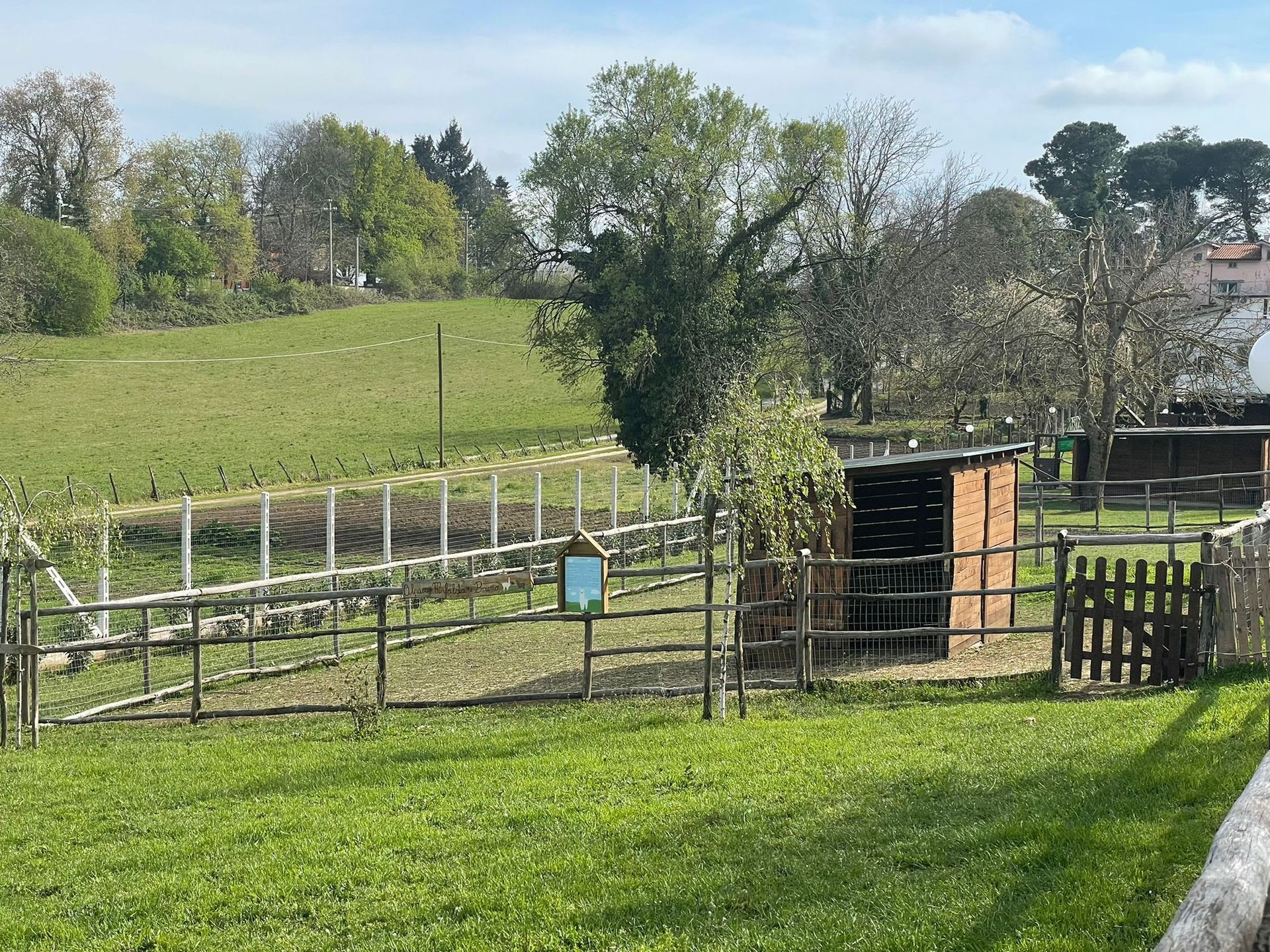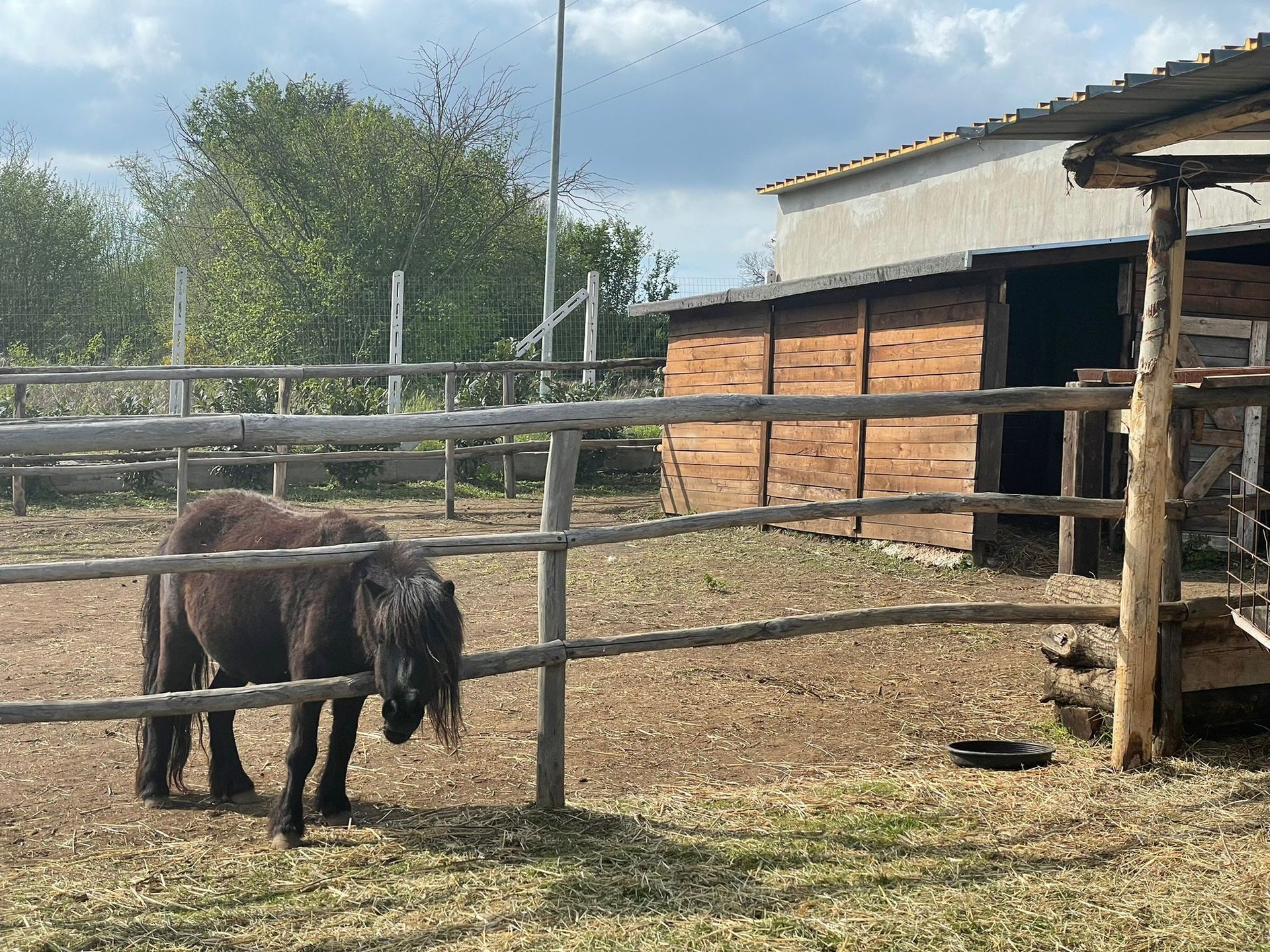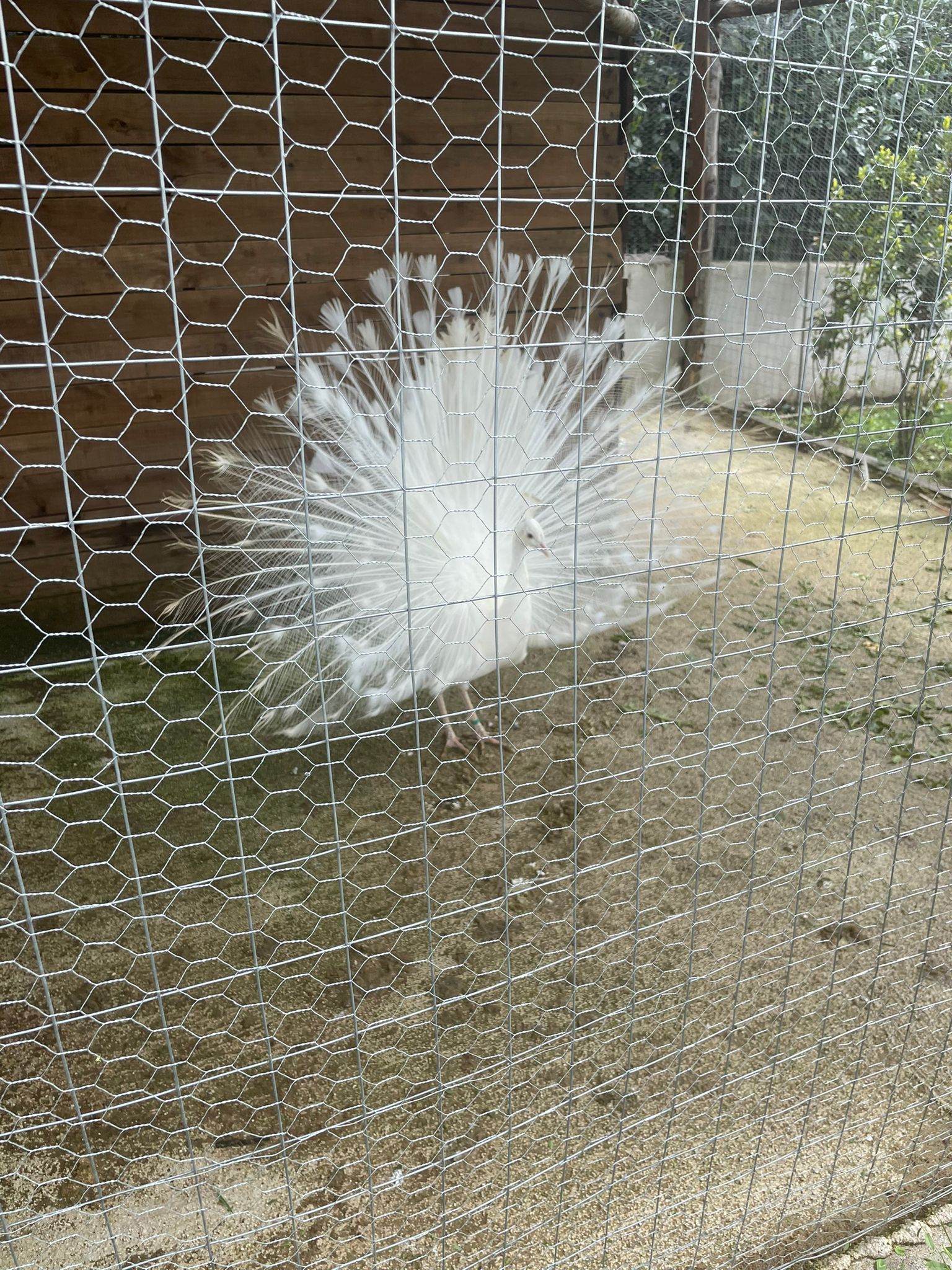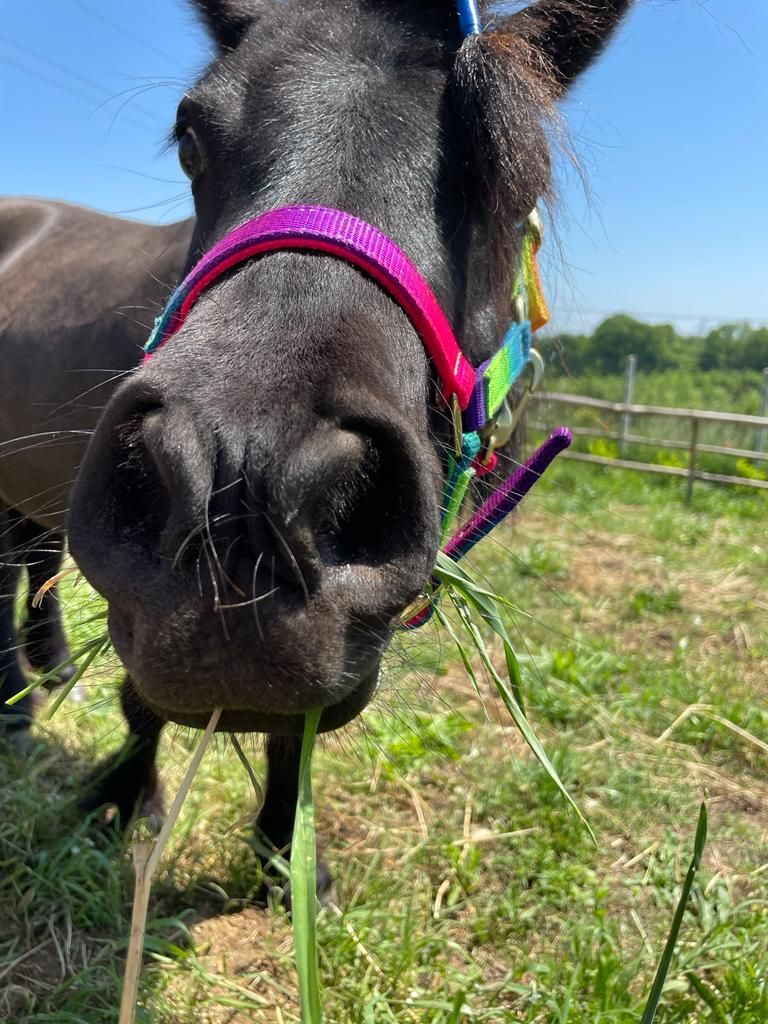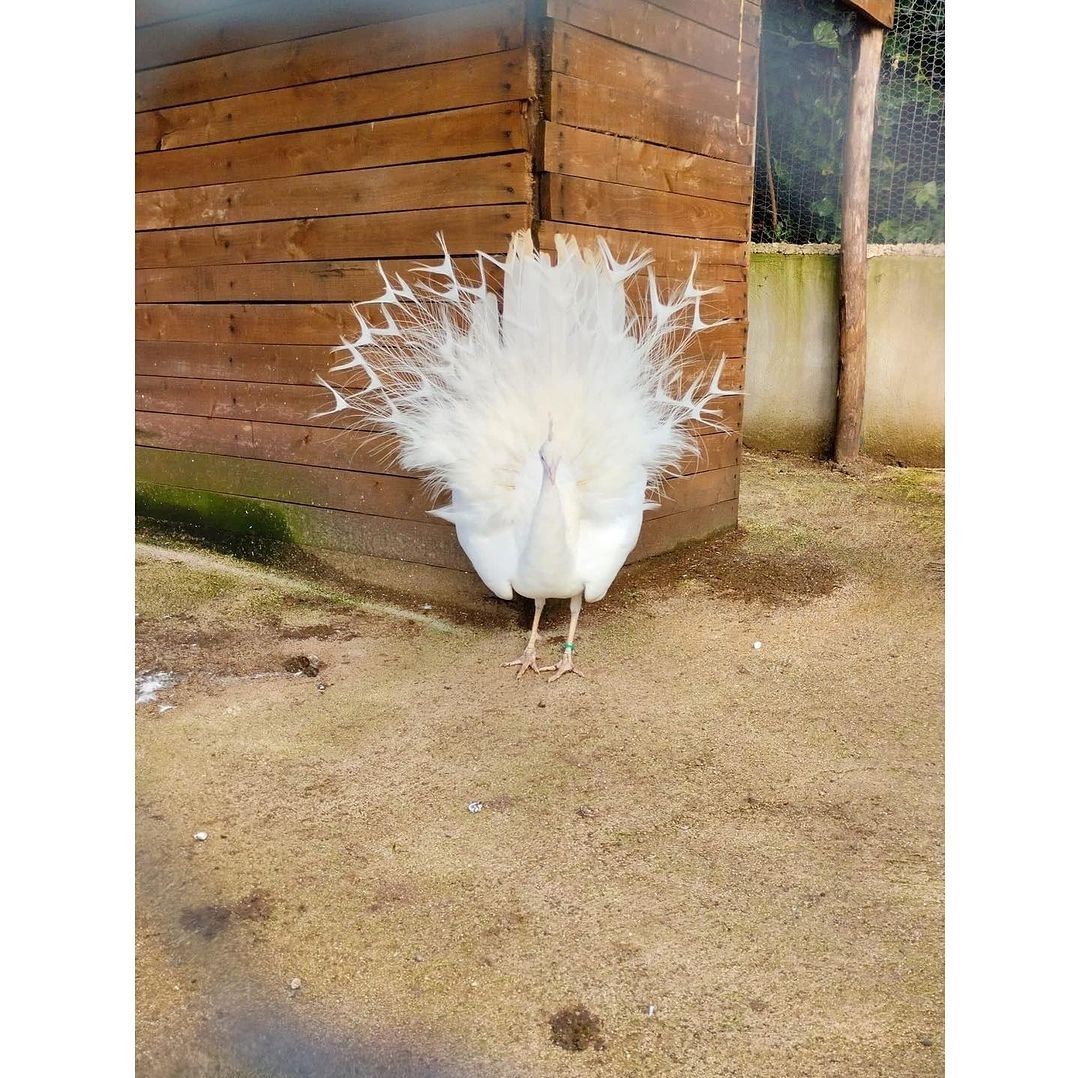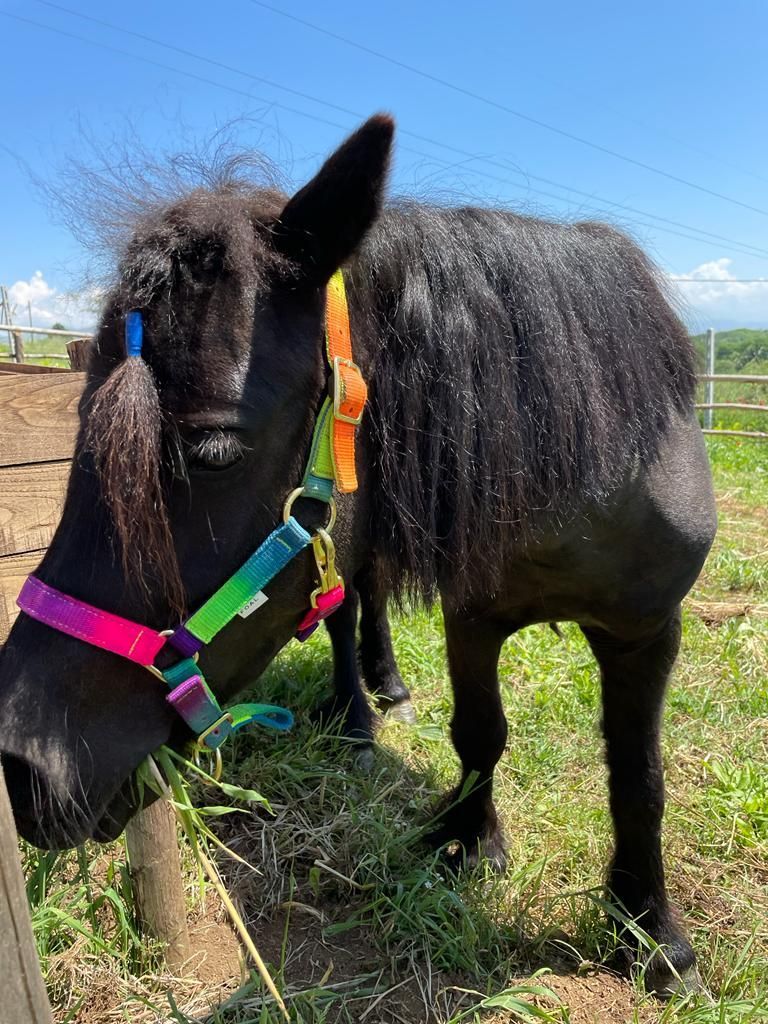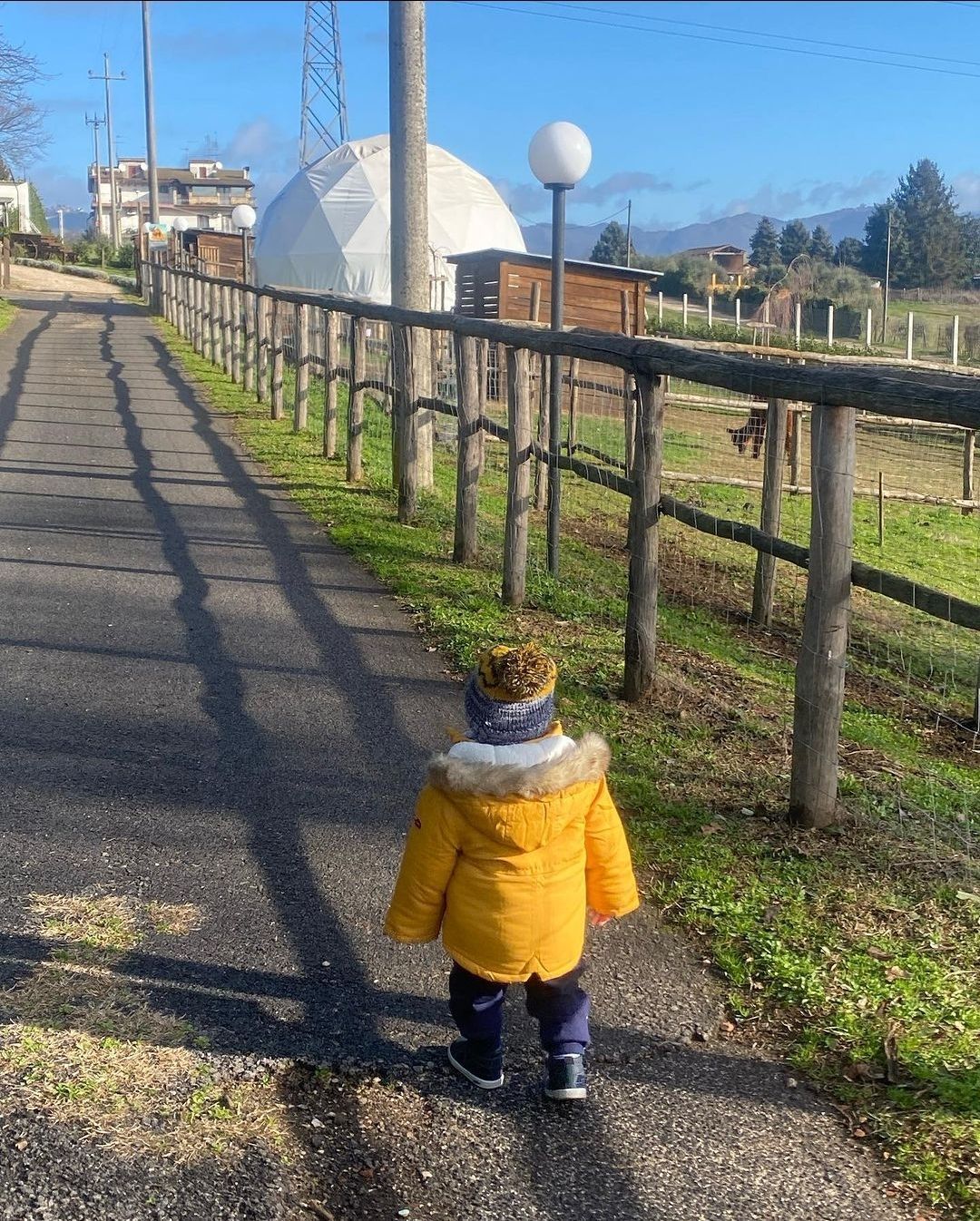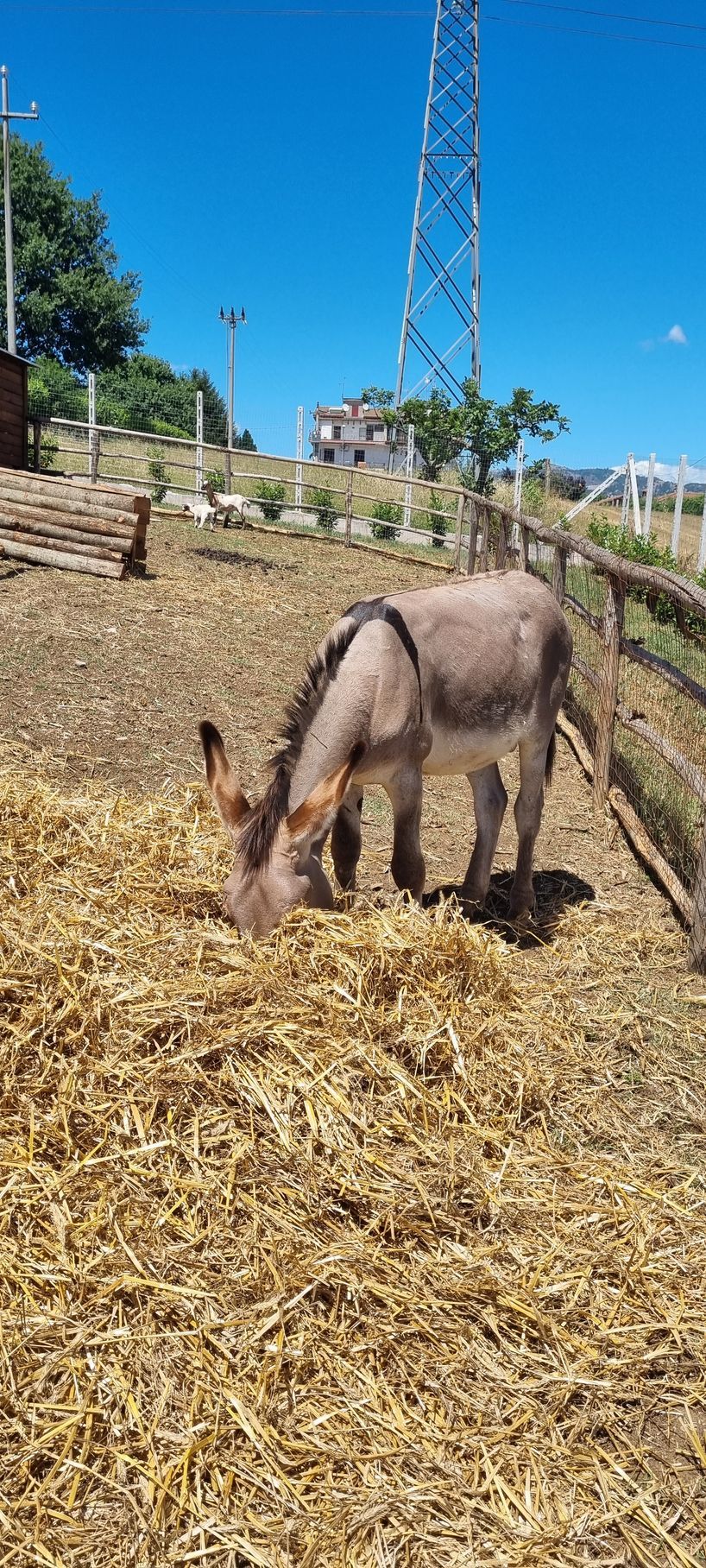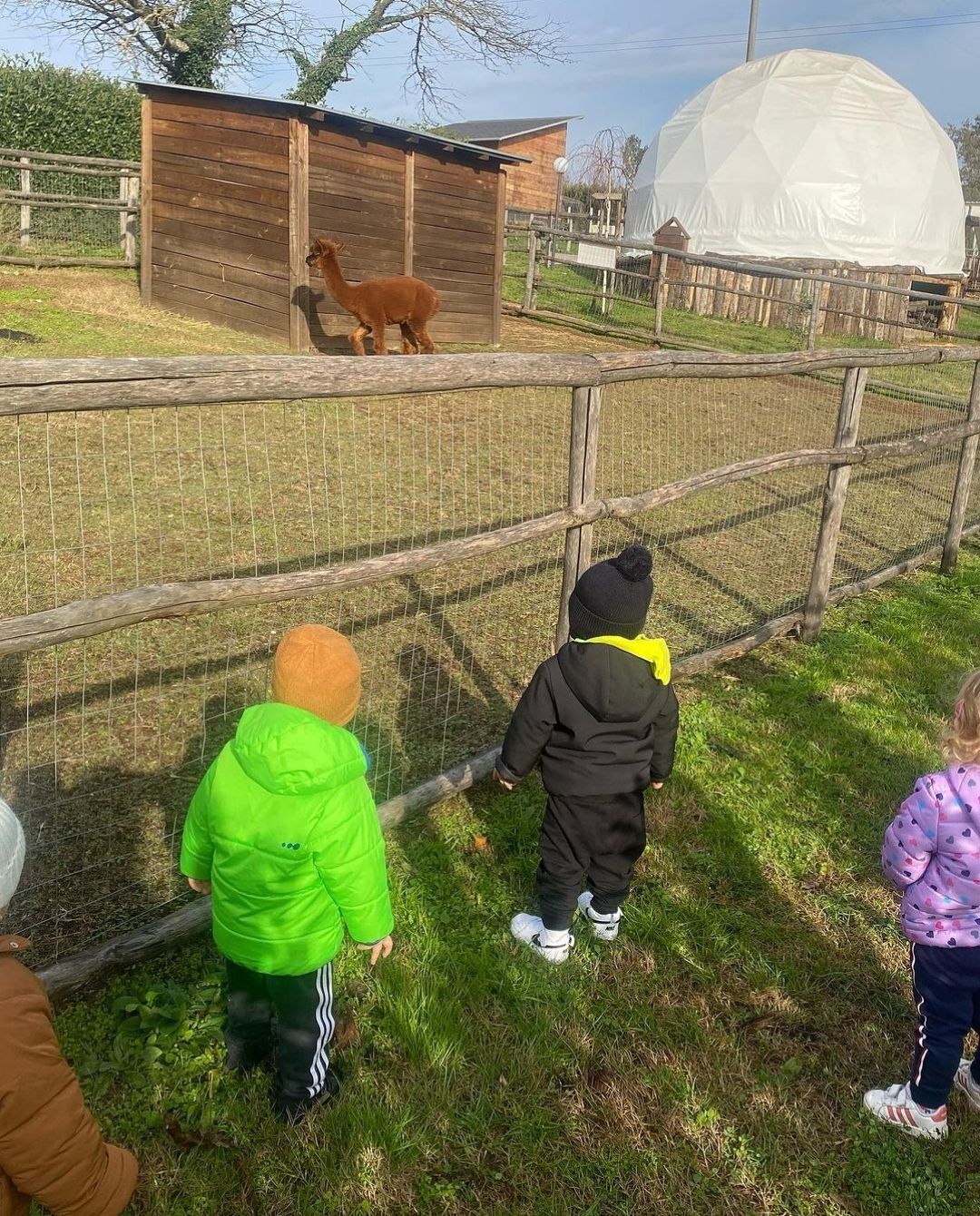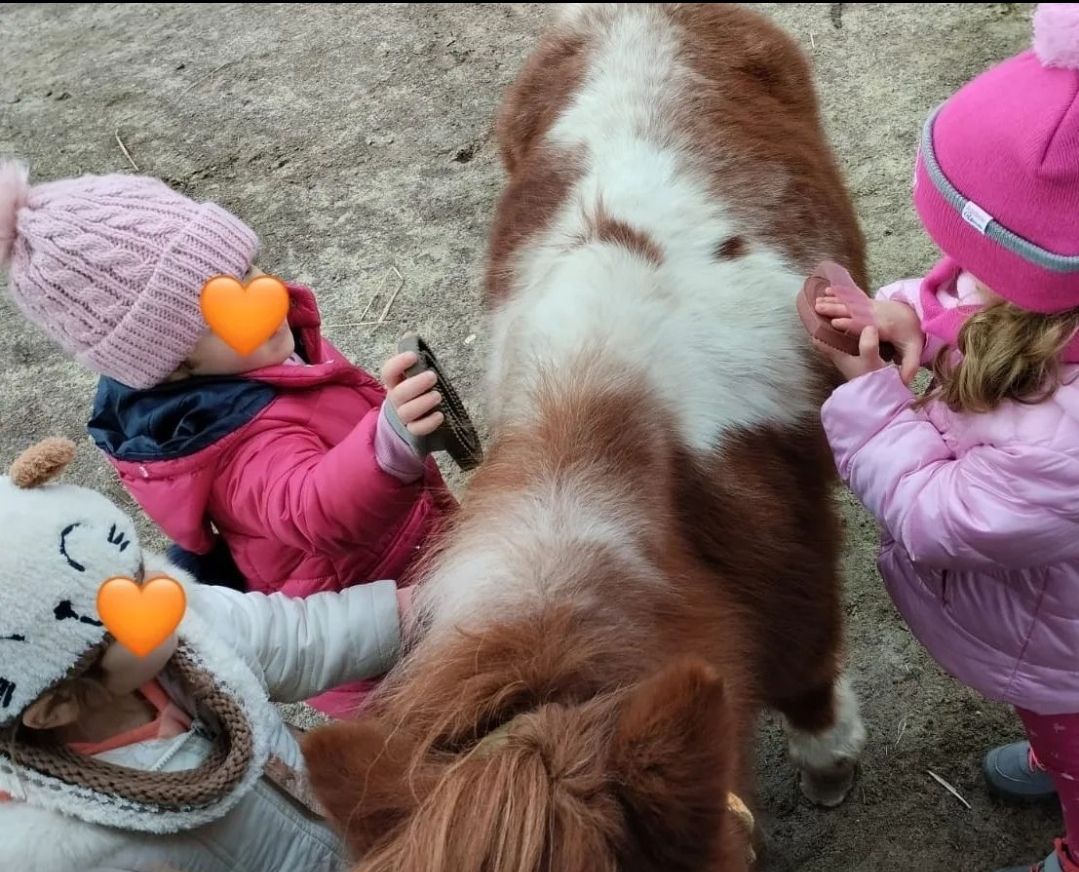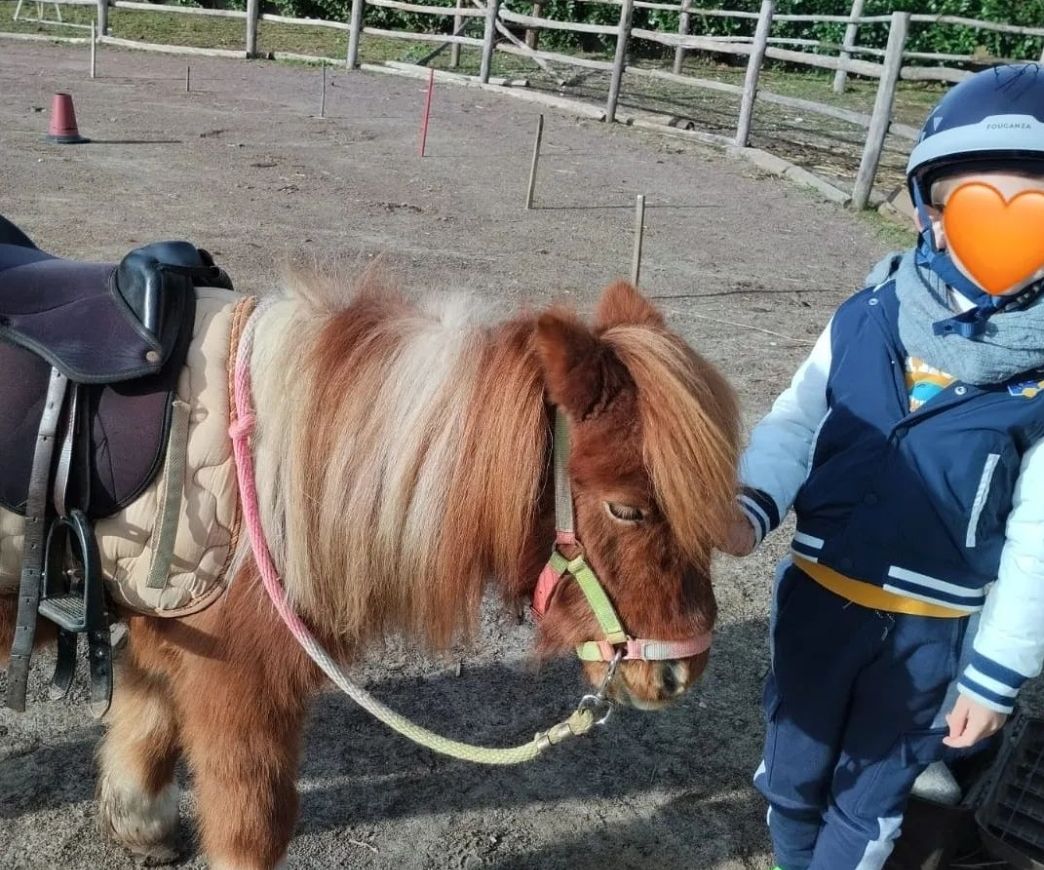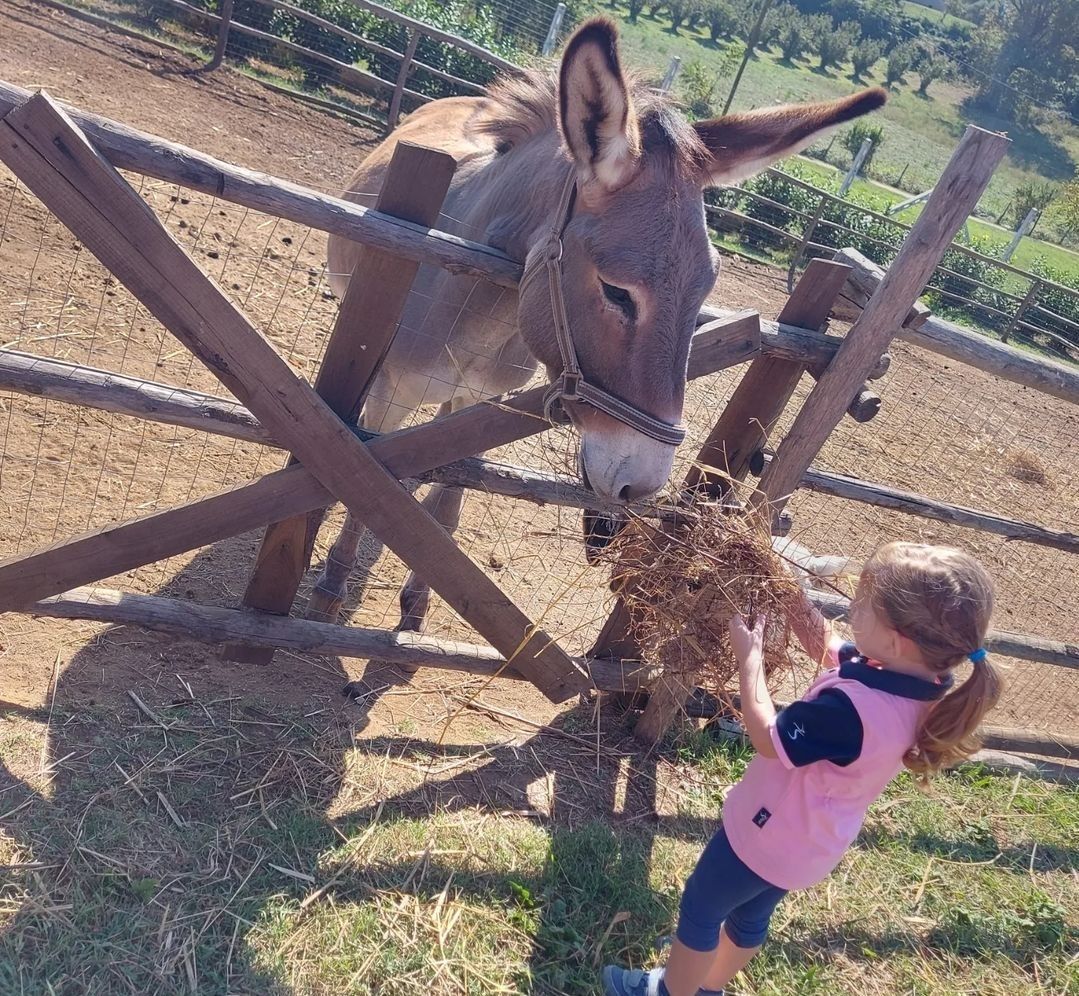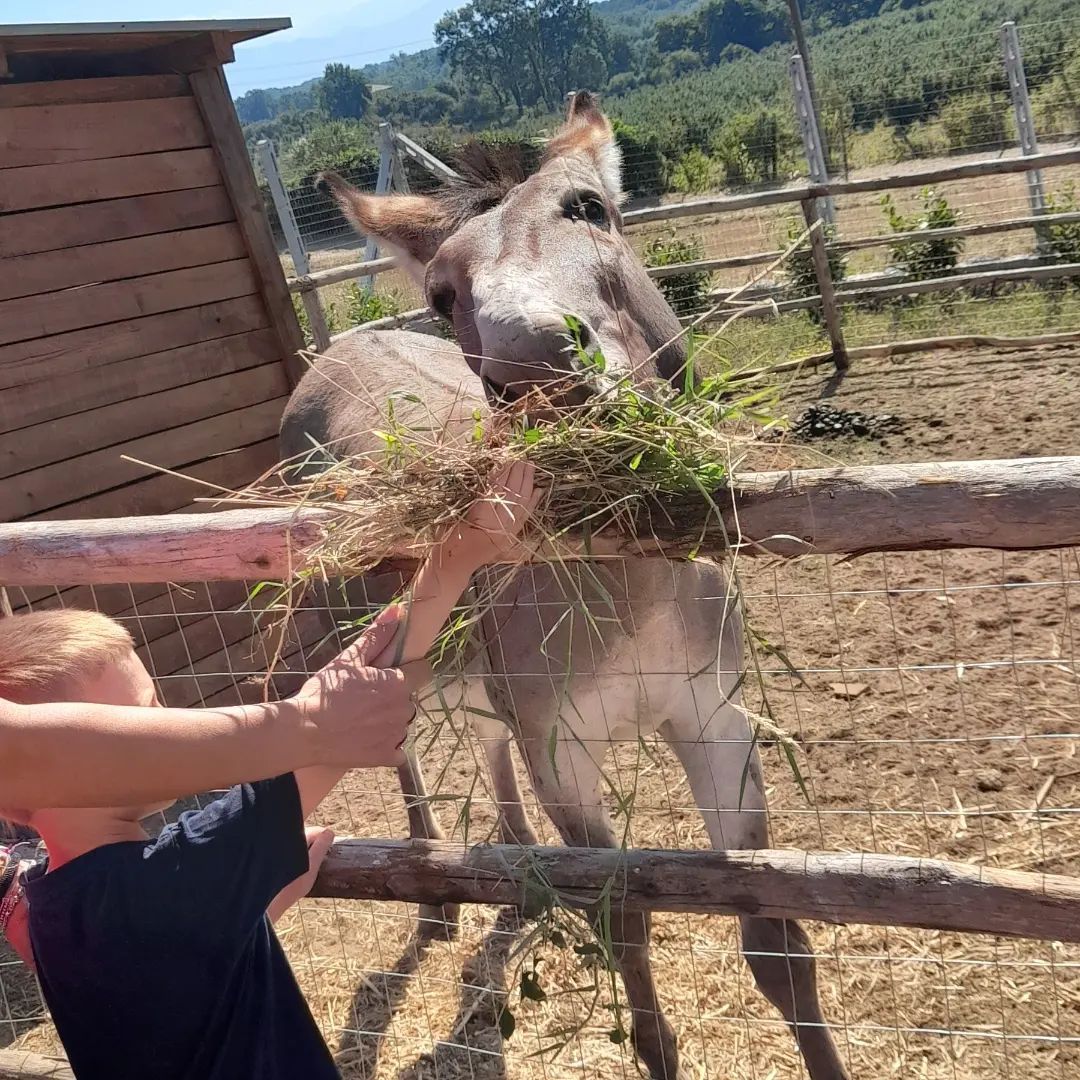Fantasy Educational Farm
The educational farm is very important for the psycho-social development of children. It is also a place where they can learn to live in harmony, respecting animals, others, and understanding the rhythms of nature.
It develops through direct contact with nature and animals, through which the child learns to respect the environment and the other living beings that inhabit our planet.
According to many pedagogues, educational farms are essential in shaping the character of young people.
In fact, they represent a bridge between the city and the countryside, encouraging respect for flora and fauna.
In fact, they represent a bridge between the city and the countryside, encouraging respect for flora and fauna.
Objectives
Educate children about the animals of the farm and the forest. Learn about the breeds and species of animals. Develop practical activities by involving the children in the life cycle of animals. Develop practical activities by involving the children in the life cycle of animals and their use. Learn about and respect the nature around us. Understand food and its nutritional values, with insights into the history of nutrition and responsible consumer choices.
Develop practical activities by involving the children in the life cycle of plants and their use.
- Workshops and Creative Activities
- Learn about and get closer to quality raw materials and understand where food comes from
- Therapeutic Effects
- Picnic Area
- Direct Contact with Nature



